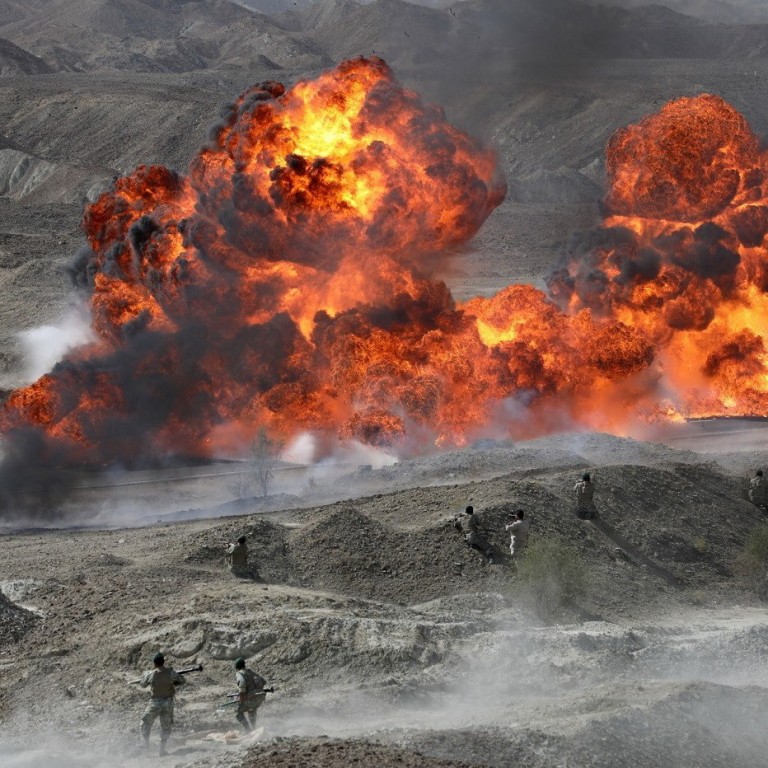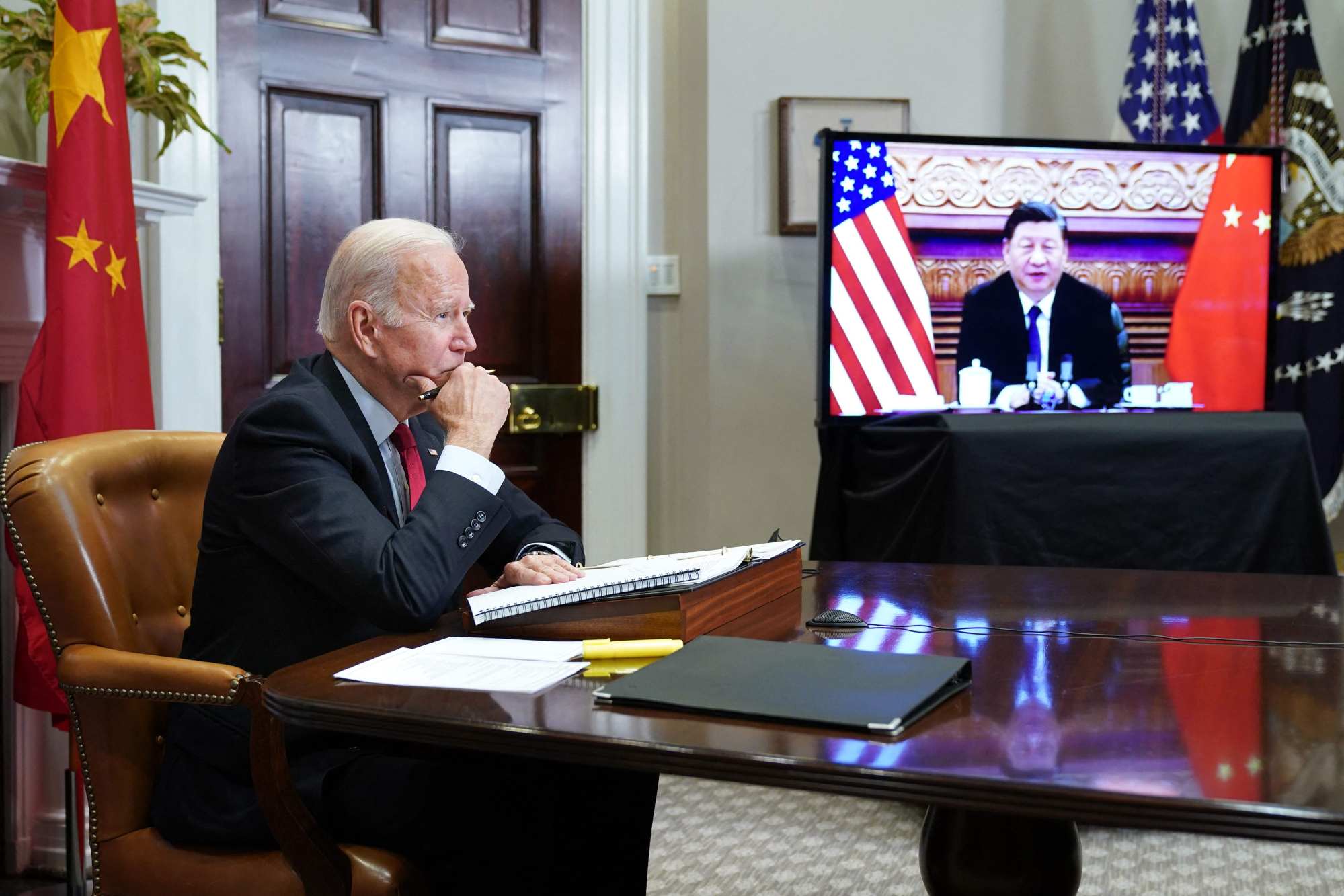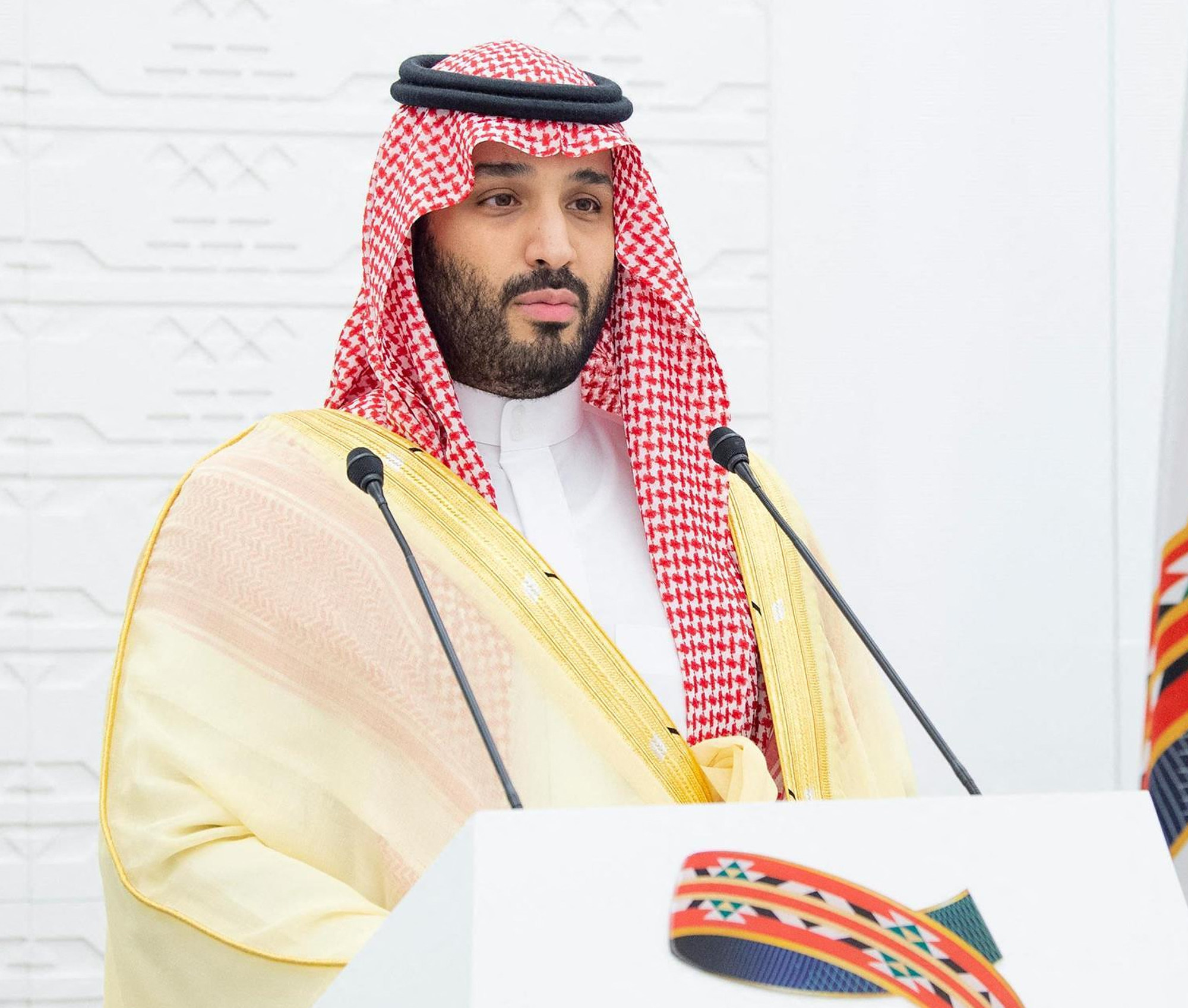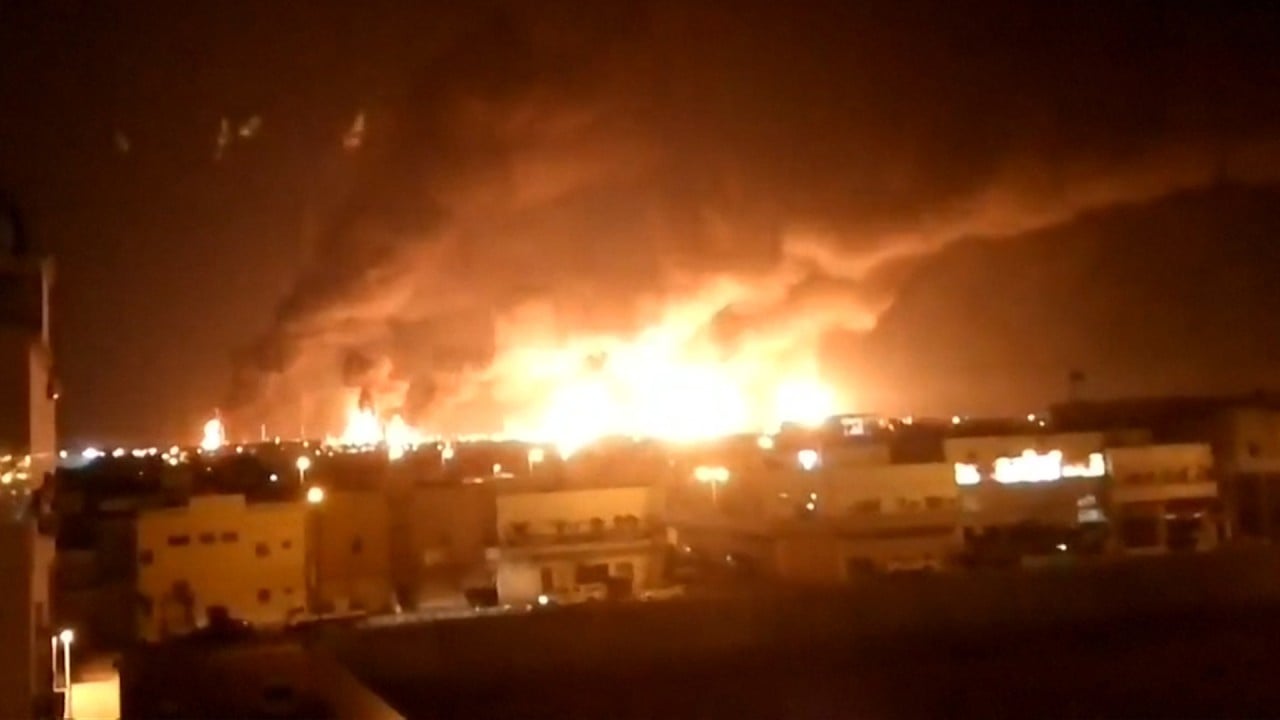
As China draws focus, ‘unreliable’ US leaves Middle East allies fast losing faith in security guarantees against Iran
- Gulf Arab monarchies in particular have begun to question US commitments to the region amid Washington’s growing determination to counteract China
- Analysts say the US’s ‘credibility problem’ stems from a long series of disappointments - with the messy pull-out from Afghanistan only the most recent
“We will see in the coming period really what is going on with regards to America’s footprint in the region. I don’t think we know yet, but Afghanistan is definitely a test and to be honest it is a very worrying test,” Anwar Gargash, diplomatic adviser to the United Arab Emirates’ president, told a conference in Abu Dhabi on October 2.

Moreover, US allies in the region are alarmed by Washington’s growing determination to counteract China, which holds significant influence – as a top trading and investment partner – over the competing powers in the Middle East.
“We’re all worried, very much, by a looming Cold War. That is bad news for all of us because the idea of choosing [sides] is problematic in the international system, and I think this is not going to be an easy ride,” Gargash said.
The US’ impending return to the Joint Comprehensive Plan of Action (JCPOA) – the formal name of the 2015 agreement aimed at preventing Iran from developing nuclear weapons – has added further impetus to its Middle Eastern allies’ efforts to defuse the region’s multitude of disputes and proxy wars, and tentatively explore normalising relations with Tehran.
“Part of what we need to do is manage our region better. There is a vacuum and whenever there is a vacuum, there is trouble,” Gargash said.
Exhausted, overstretched
According to Hussein Ibish, senior resident scholar at the Arab Gulf States Institute in Washington, one of the most important and widespread factors to have reshaped the Middle East’s strategic landscape in recent years has been a “generalised sense of exhaustion and [being] overstretched by all the major regional players, with the possible exception of Israel”.
US allies have become embroiled in the civil wars of Iraq, Syria, and Yemen with the aim of curtailing Iran’s involvement, but in many cases have supported opposing factions.
A stable Middle East requires US-China cooperation, not confrontation
“We’ve entered into a protracted period of consolidation, retrenchment and manoeuvre, in which regional actors are trying to keep hold all of what they have gained insofar as possible, pull back where they can, and see what can be accomplished through diplomacy, politics and trade.”
Saudi Arabia no doubt hopes with Tehran’s help it can extract itself from a six-year war against Yemen’s Iran-backed Houthi militia – an increasingly lonely venture since the UAE withdrew its forces in 2019 and resumed diplomatic interaction with Iran.
Turkish President Recep Tayyip Erdogan’s support for both Qatar – where it opened its first military base in the Gulf in April 2016 – and the Muslim Brotherhood, an ally of his long-ruling Justice and Development Party, has been at the heart of his country’s tussles with the Arab monarchist bloc, which also includes Bahrain, Jordan and Morocco.
‘Fundamentally unreliable’
Another factor affecting the calculations of the Middle East’s major players, according to Ibish, is that Washington has become “fundamentally unreliable”.
“The US definitely has a credibility problem with its Middle Eastern allies in part because of Afghanistan but also because of a long series of disappointments with US leadership,” he said, pointing to the failure in 2000 of the Camp David summit to resolve the Israeli-Palestinian conflict, the miscalculation of the 2003 Iraq invasion, the lack of support for former Egyptian President Hosni Mubarak during the 2011 revolution and the nuclear negotiations with Iran that led to the JCPOA in 2015.
He said a “real turning point … was the failure of the US to respond in any meaningful way” to the suspected Iranian drone attack on two major Saudi Aramco processing facilities in September 2019, which knocked out the kingdom’s oil infrastructure for several days and affected its export capacity for a month.
“All of that has added up to real question marks over the extent of the US commitment to Gulf Arab security and the continued validity, or at least interpretation, of the Carter Doctrine whereby Washington guaranteed Gulf Arab security against external threats,” Ibish said. “Obviously there has been a significant adjustment [to] the tripwire and the red lines that would trigger a US military response to aggression against [its Gulf Arab allies].”
While China would like to displace the US from its central role in the Middle East’s security architecture... it is unclear if Beijing has the capacity to do so
In the build-up to the withdrawal of US combat forces from Afghanistan, and from Iraq by year’s end, as well as the prospect of an end to “maximum pressure” sanctions imposed under Trump, the Biden administration belatedly reached out to Saudi Arabia in July.

The two sides’ foreign ministers re-engaged in July and after a flurry of diplomatic exchanges, the White House eventually dispatched National Security Adviser Jake Sullivan to Neom, a futuristic planned city of on Saudi Arabia’s west coast, for an ice-breaking meeting with the crown prince on September 27.
Despite recent security reassurances given to the Saudis and the US’ other allies in the region by Sullivan and other senior Biden administration officials, the withdrawal from Afghanistan has “reinforced the perception among many governments in the Middle East and North Africa that they need to diversify their security relationships to effectively combat Islamist militant organisations and other non-state actors over the long-term,” said Michaël Tanchum, a senior fellow at the Austrian Institute of European and Security Policy.
On November 6, the White House approved the sale of US$650 million worth of air-to-air missiles to Saudi Arabia to improve its defensive capabilities, and US strategic bombers have twice in the past two months flown over the region, escorted by American fighters flown by allied nations in a show of force meant to reassure them and warn Iran.
Iran says Arab nations ‘sinned’ by normalising ties with Israel
But Turkey and Israel have already emerged as the Middle East’s new weapons suppliers of choice, with Ankara in particular developing expansive military training programmes that bolster its arms sales, said Tanchum, who is also a non-resident fellow at the Middle East Institute, a Washington-based think tank.
China, meanwhile, could potentially find an opening in this diversification of arm sales, Tanchum said, but “while China would like to displace the US from its central role in the Middle East’s security architecture to establish a more multipolar [one], it is unclear if Beijing has the capacity to do so, even if it works in active coordination with Russia.”
France and Germany export more weapons than China does and have deeper security roots in the region, he said, while Israel and Turkey share close cooperation with the US military.
“Beijing would need to adroitly leverage its economic cooperation to obtain deeper security relationships with its Middle Eastern partners,” Tanchum said, noting it “has already shown signs of doing this in the Gulf”.


